
'Europe Last': How Von Der Leyen's China Policy Traps The EU
More than two months after Trump's victory, Brussels' response has been limited to empty reassurances, dismissing his proposals as mere hypotheticals, including his quite serious claims to Greenland , which threaten a member state's territorial integrity. Instead of taking meaningful action, the EU has resorted to diplomatic hand-wringing and recycled platitudes about transatlantic unity.
Meanwhile, Europe's right-wing leaders have planted their flags in the Oval Office; Italy's Giorgia Meloni and Hungary's Viktor Orban have already secured their golden tickets, while the EU's traditional power brokers-Germany and France-remain sidelined. Brussels' humiliation was complete when the inauguration invitations went out: the EU's institutional leadership didn't even make the B-list.
This fracturing of European unity could not come at a worse moment. Europe faces a delicate balancing act between its Chinese economic interests and American security ties. Some states are already positioning themselves closer to Trump, eyeing protection from tariffs, while others remain anchored to Chinese markets, their industries deeply intertwined with Beijing's economy.
In this scenario, Ursula von der Leyen's European Commission is stubbornly sticking to its hawkish stance on China, unaware of the mounting repercussions. All the while, Washington and Beijing could be moving toward their own détente. Trump, ever the dealmaker, might forge an early accommodation with Chinese Xi Jinping-leaving Europe isolated in a confrontation that neither America nor China desires.
In what may become a case study in diplomatic self-sabotage, Brussels has maneuvered itself into a geopolitical dead end, trapped between two colliding giants with neither the tools nor the unity to protect its interests.
The Commission has doubled down on this misguided path, firing off China-focused measures-de-risking policies, economic security frameworks, trade investigations and relentless critiques of China's political system-with the fervor of a convert at a revival.
Meanwhile, European industry depends increasingly on Chinese capital goods. According to Eurostat,“When it comes to the most imported products from China, Telecommunications equipment was the first, although it went down from €63.1 billion (US$65.6 billion) in 2022 to €56.3 billion in 2023. Electrical machinery and apparatus (€36.5 billion) and automatic data processing machines (€36 billion) were the second and third most imported goods respectively.”

Legal Disclaimer:
MENAFN provides the information “as is” without warranty of any kind. We do not accept any responsibility or liability for the accuracy, content, images, videos, licenses, completeness, legality, or reliability of the information contained in this article. If you have any complaints or copyright issues related to this article, kindly contact the provider above.


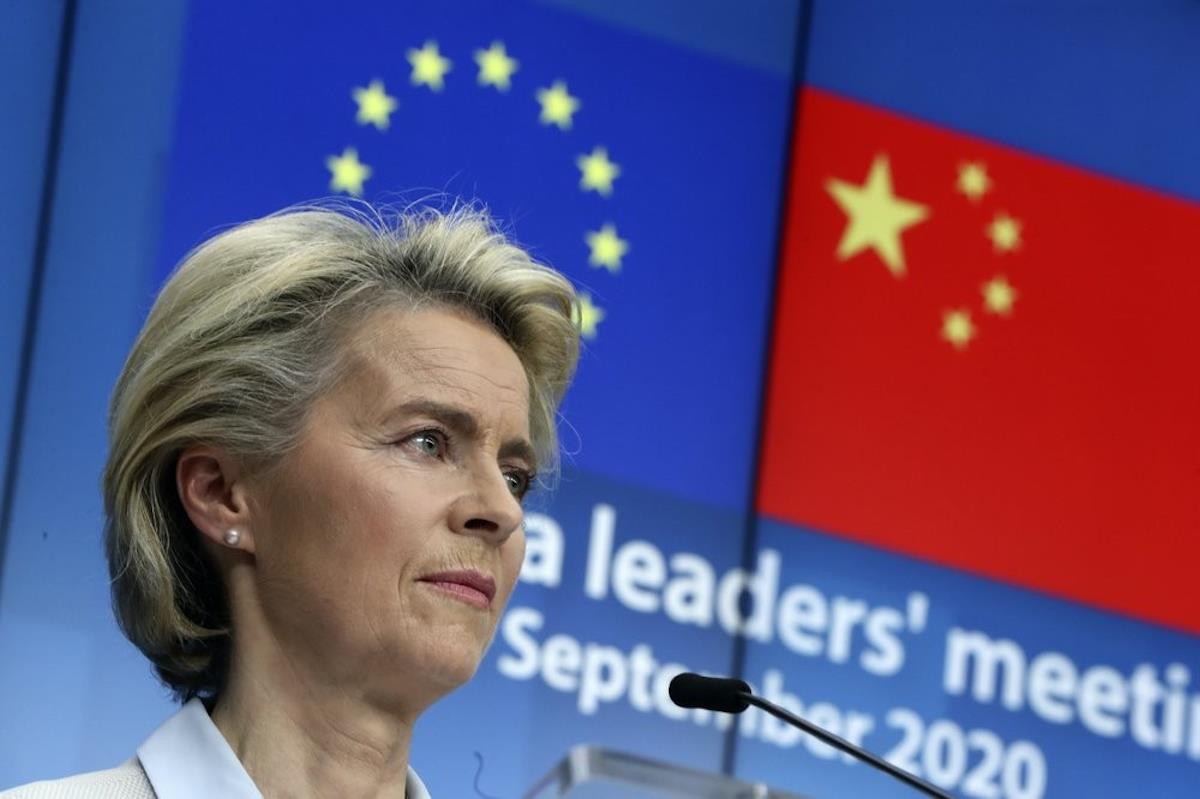
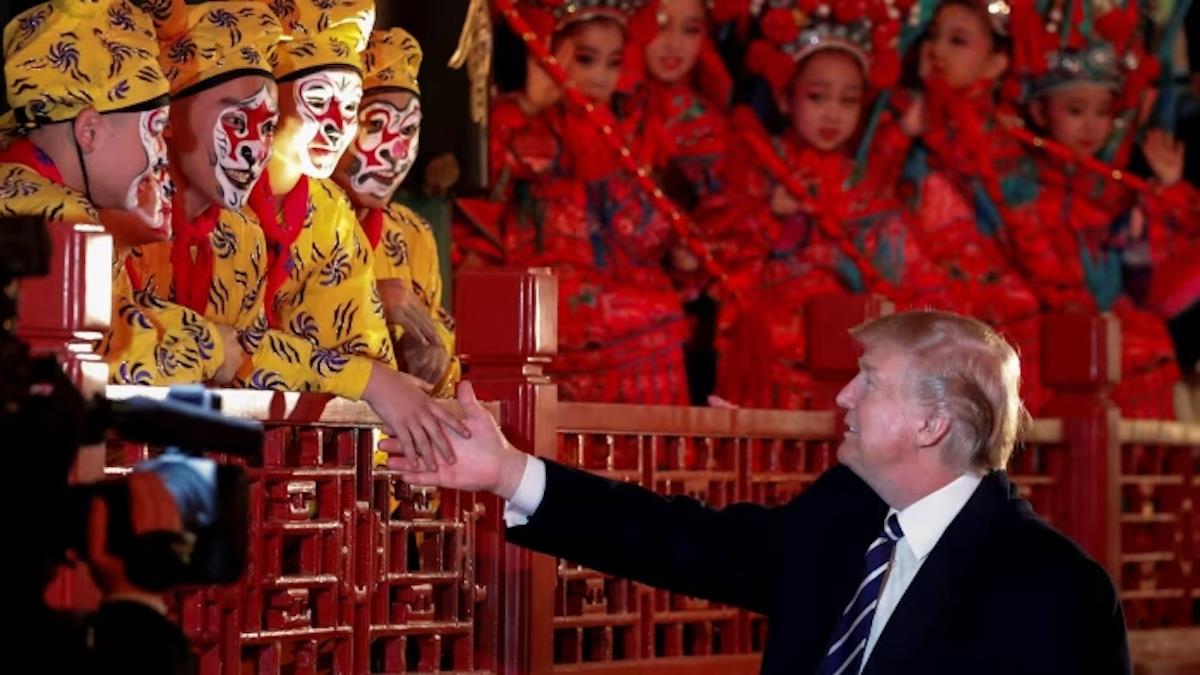
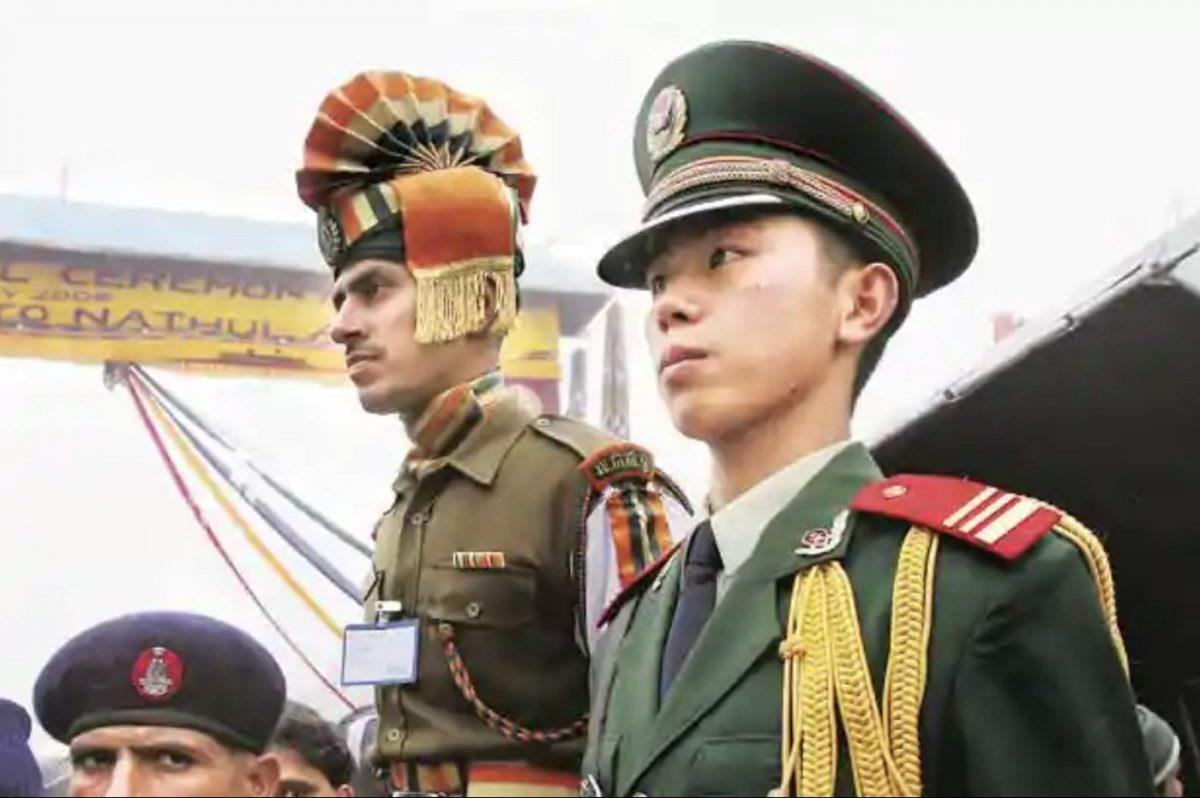
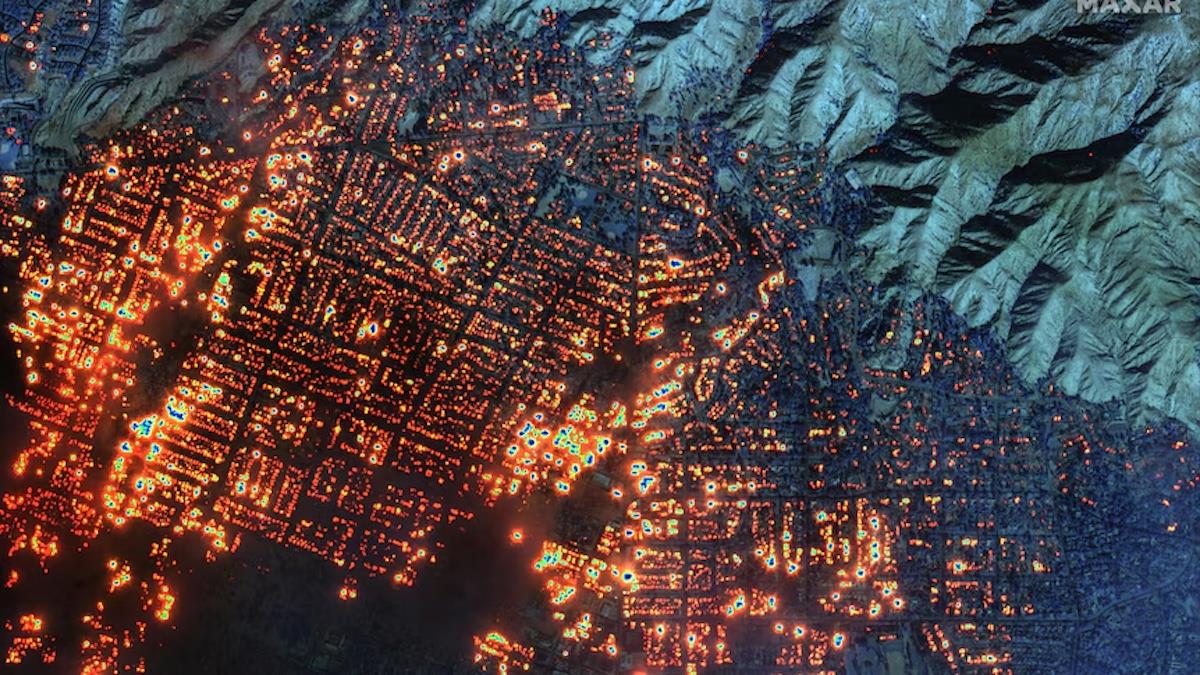
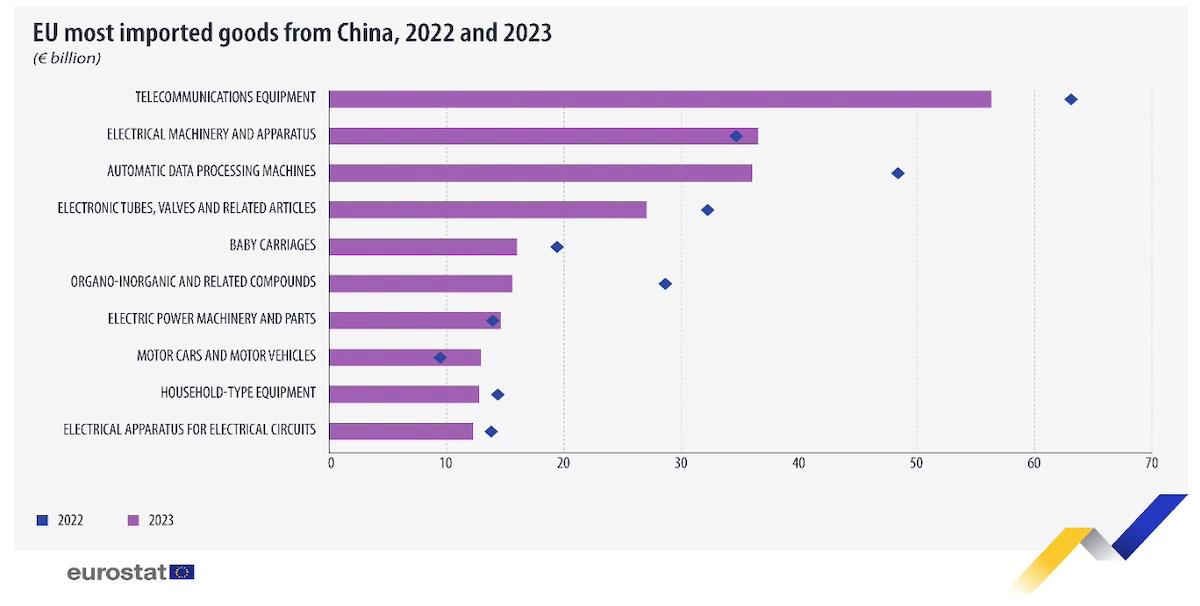
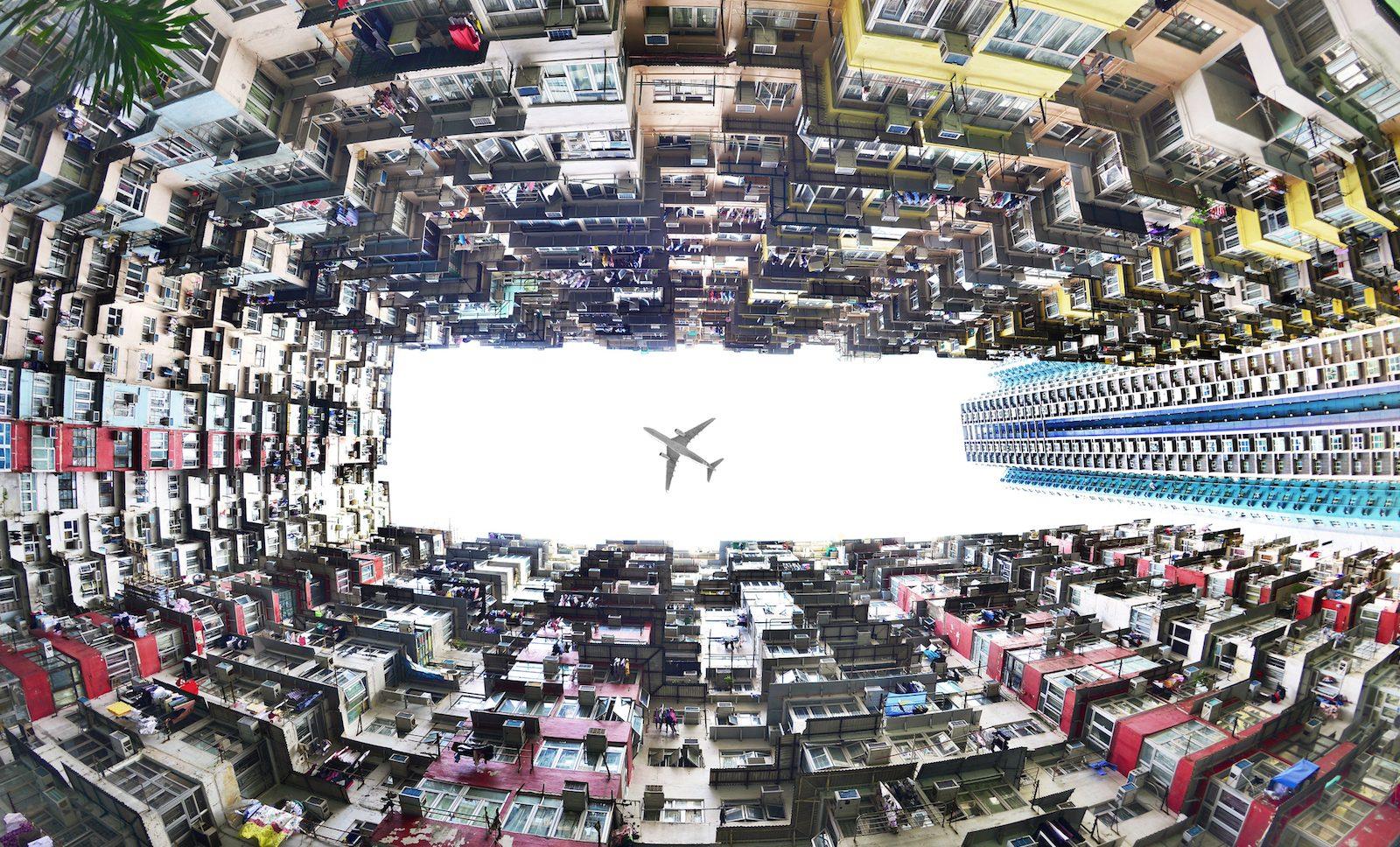



















Comments
No comment